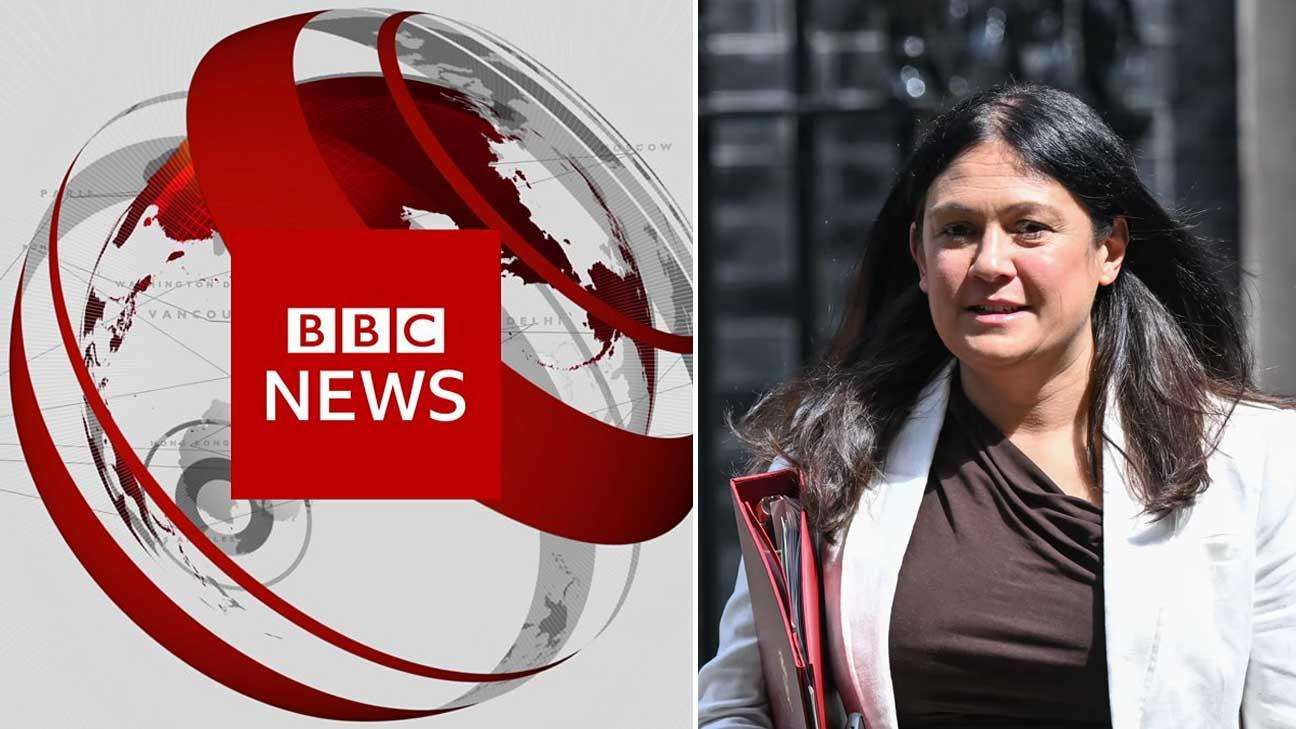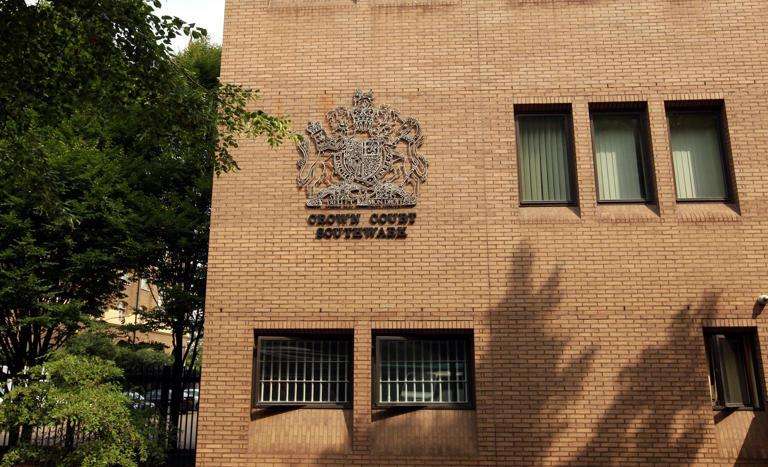British fishermen have sounded the alarm over EU vessels catching massive quantities of fish in UK waters and transporting them to the continent without undergoing any inspections.
Whistleblowers in Scotland, speaking exclusively to GB News and Facts4EU, have exposed repeated instances of European boats transferring large hauls directly into refrigerated lorries destined for the EU. These activities occur without any fisheries officials present to verify quotas or check for illegal species.
On Sunday, March 23, the French-registered vessel Antonio Maria was photographed unloading its entire catch straight into a lorry without any inspection. Within just three hours, 50 tonnes of fish had been transferred, raising concerns that unregulated and potentially illegal catches are leaving the UK undetected.
With no oversight, British fishermen are left to trust that EU crews are following the rules—something they believe is not happening. One witness, who observed the Antonio Maria in action, tried to engage with the lorry driver but encountered evasiveness:
“I greeted him, and he responded in English. But when I asked if he was collecting crabs and lobsters, he suddenly claimed, ‘I not speak English, sorry.’ Clearly, they’ve been told not to discuss what they’re transporting.”
That same morning, another EU vessel, Brisca, arrived at Scrabster port in northern Scotland and similarly offloaded tonnes of fish into an EU-bound lorry, again without any fisheries inspectors present.
“This isn’t unusual,” the fisherman explained. “It’s happening all over, not just here.”
Despite repeatedly reporting these activities to authorities, UK fishermen have been met with little action. In response, the Marine Directorate Scotland stated:
“As previously mentioned, exports of fish landed in the UK are strictly regulated and require various documentation and authorisations. We continue working with other states to prevent the import or export of illegal, unreported, and unregulated (IUU) fish.”
However, unregulated fishing presents a serious threat to marine ecosystems and vulnerable species. A UN Food and Agriculture Organization (FAO) report revealed a growing trend where fishing vessels transfer their hauls directly into shipping containers, bypassing inspections. Some port states do not consider this practice a formal landing, meaning catches are transported through ports without undergoing any fisheries-related monitoring. The FAO identified the northeastern Atlantic, which includes Scotland, as a hotspot for this method.
For Brexit supporters, this situation represents a significant disappointment. Many believed that leaving the EU would restore full UK control over its waters. In October 2019, then-Prime Minister Boris Johnson declared:
“We will take back 100% control of the spectacular marine wealth of this country.”
Similarly, former Cabinet Minister Michael Gove insisted:
“We will not link access to our waters to access to EU markets.”
Yet, nearly five years after Brexit, European vessels continue to exploit UK fishing grounds with minimal oversight.
Beyond these unregulated transshipments, British fishermen report additional challenges, including competing with hundreds of EU boats operating in UK waters—some of which are officially registered in the UK solely to obtain larger quotas, despite lacking genuine economic ties to Britain.
Fishermen have also documented instances of EU crews harming marine wildlife, such as seals and seabirds, with discarded fishing gear, dumping waste at sea rather than disposing of it properly in port, and deploying massive industrial “factory trawlers.” These vessels, banned in many other parts of the world due to their destructive nature, are capable of stripping vast areas of seabed, devastating marine habitats.
For many in the UK fishing industry, these ongoing issues highlight a failure to enforce post-Brexit regulations, raising concerns about the long-term sustainability of British fisheries.



_3.jpg)




.svg)


